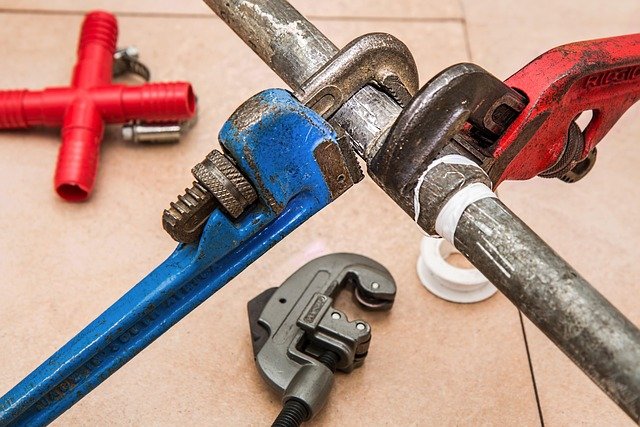Gravel driveway care and maintenance
Maintaining a gravel driveway requires regular attention and the right techniques to ensure longevity and functionality. Proper care prevents common issues like ruts, potholes, and weed growth while preserving the driveway's appearance and structural integrity. Understanding maintenance fundamentals helps property owners avoid costly repairs and extends the lifespan of their gravel surfaces.

A well-maintained gravel driveway enhances property value and provides reliable access for years. Regular maintenance prevents deterioration and keeps your driveway looking professional while functioning properly. Gravel driveways offer cost-effective solutions for many homeowners, but they require consistent care to maintain their effectiveness.
Learn How to Maintain and Level Gravel Driveways
Proper gravel driveway maintenance begins with understanding the materials and techniques involved. Regular raking helps redistribute gravel evenly across the surface, preventing low spots and high areas that can cause drainage problems. Use a landscape rake or steel rake to spread gravel from thick areas to thin spots, maintaining consistent coverage throughout the driveway.
Leveling requires adding fresh gravel periodically, typically every 1-2 years depending on traffic volume. Choose gravel that matches your existing material in size and color for uniform appearance. Compact the surface using a hand tamper or rent a plate compactor for larger areas. This process creates a stable foundation that resists rutting and displacement.
Discover Cost-Effective Ways to Prevent Ruts and Weeds
Preventing ruts starts with proper drainage installation and maintenance. Install French drains or culverts where water naturally flows across the driveway. Grade the surface with a slight crown in the center, allowing water to flow toward edges rather than pooling in the middle. This simple technique prevents water damage that leads to expensive repairs.
Weed prevention involves multiple strategies that work together effectively. Apply landscape fabric before installing gravel to create a barrier against weed growth. Use pre-emergent herbicides in early spring to prevent seeds from germinating. For existing weeds, spot-treat with appropriate herbicides or remove manually. Maintaining proper gravel depth of 2-3 inches also suppresses weed growth naturally.
Explore Maintenance Tools That Make Driveway Care Easy
Essential tools for gravel driveway maintenance include landscape rakes, shovels, wheelbarrows, and hand tampers. A landscape rake with flexible tines works best for redistributing gravel without damaging the surface. Steel rakes help with more aggressive leveling when needed.
Power tools can significantly reduce maintenance time and effort. Plate compactors create professional-quality compaction for long-lasting results. Small tractors with box blades or graders handle larger driveways efficiently. For smaller areas, hand tools remain cost-effective and provide adequate results with proper technique.
| Service Type | Provider | Cost Estimation |
|---|---|---|
| Gravel Delivery | Local Quarries | $30-50 per ton |
| Professional Grading | Landscaping Companies | $200-500 per project |
| Weed Control Service | Lawn Care Companies | $75-150 per treatment |
| Drainage Installation | Excavation Contractors | $500-2000 per system |
Prices, rates, or cost estimates mentioned in this article are based on the latest available information but may change over time. Independent research is advised before making financial decisions.
Seasonal Maintenance Considerations
Spring maintenance focuses on repairing winter damage and preparing for increased traffic. Remove debris, fill potholes, and address drainage issues before they worsen. Add fresh gravel where needed and compact high-traffic areas thoroughly.
Fall preparation involves final grading and weed control before winter weather arrives. Ensure proper drainage to prevent ice formation and frost heave damage. Consider applying additional gravel in areas that experience heavy snow removal equipment traffic.
Long-Term Driveway Preservation
Successful gravel driveway maintenance requires consistent attention rather than sporadic major repairs. Establish a regular maintenance schedule that includes monthly visual inspections, quarterly raking and leveling, and annual deep maintenance including fresh gravel addition and comprehensive weed control.
Document maintenance activities and costs to track patterns and budget for future needs. Take photos of problem areas to monitor changes over time. This systematic approach helps identify issues early when repairs are less expensive and more effective.
Proper gravel driveway maintenance combines regular attention with appropriate tools and techniques. Understanding these fundamentals enables property owners to maintain attractive, functional driveways while controlling long-term costs. Consistent care prevents major problems and extends driveway lifespan significantly, making maintenance efforts worthwhile investments in property value and functionality.




